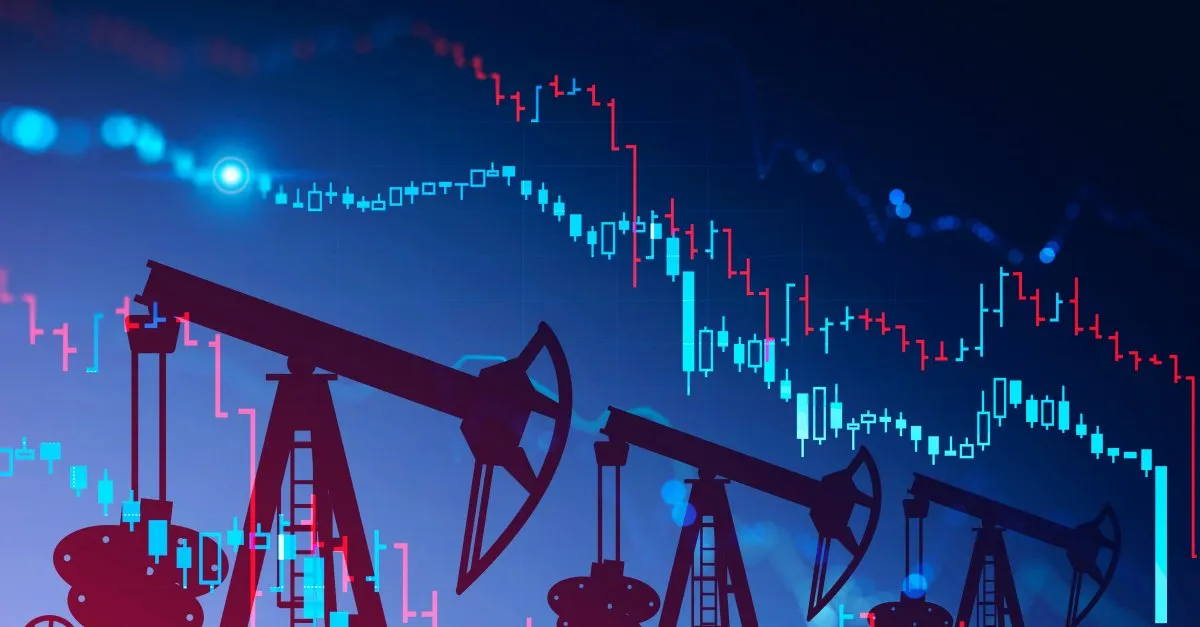Global Supply Will Remain Tight Due To Persistent Underinvestment, Says Aramco CEO
The head of the world's biggest oil company has warned that chronic underinvestment in the hydrocarbon sector could keep global supply tight in the future, suggesting that energy prices may rise in the future as China's reopening and the comeback of the aviation industry gain pace.
During an interview with Trade Algo, Saudi Aramco CEO Amin Nasser was asked about the current state of the oil market. Nasser replied, "A persistent underinvestment in the oil industry is still evident, both upstream and downstream. The latest report from the International Energy Agency talks about a demand of 101.7 million barrels for the year 2022 - going up from 100 million barrels in 2022 to almost 2 million barrels more due to China's opening up and the aviation industry, which hasn't yet recovered to its pre-Covid levels.”
“The aviation industry has a lot of growth potential,” Nasser said. “Due to China opening up and the lack of investment, there is definitely a concern in the mid-to-long term in terms of making sure there is adequate supply on the market in the near to medium term.”
Brent crude oil, which is the global benchmark, was trading at $84.43 per barrel on Friday afternoon in London, about flat year-to-date and about 5% lower than a year ago at the same time.
There has been a recent decline in energy prices as a result of larger-than-expected U.S. fuel stocks and a weaker global growth outlook. It will, however, result in a decrease in production in the future, Nasser predicted, as drilling activity slows as a result of the slowdown.
The number of active rigs in the U.S. has dropped from a recent high of 627 in early December to 600 in late February, based on data provided by oil services company Baker Hughes. As of the end of February, the number of rigs in use had reached its lowest level since early July 2022, according to a report from the company.
“From what I have seen, it’s very difficult. If you look at the spending in the upstream sector right now, it’s about $370 to $400 billion, which is lower than the $700 billion that was spent in 2014,” Nasser said when asked how windfall taxes, climate change policies, and decarbonization efforts might affect investment in the oil industry.
A number of countries are calling for windfall taxes to be imposed on major oil and gas companies, which have seen record profits in the last year due to supply shocks and years of underinvestment in the sector resulting in high prices in the sector for the first time in many years.
During the last few decades, the debate surrounding the oil industry has been dominated by tensions between the desire for cleaner energy sources in order to combat climate change and the need for energy security.
It is estimated that about 90% of global greenhouse gas emissions come from fossil fuels and heavy industry, based on an assessment conducted by the United Nations Intergovernmental Panel on Climate Change. There is still a high demand for fossil fuels, despite the fact that an ample supply of energy and a well-balanced oil market is crucial to economic growth, tempered inflation, and national security.
Lower oil production investments continue to threaten Nasser.
“As oil fields mature and become depleted, the costs of drilling increase as well, and so there is definitely a strong underinvestment problem. Maturity [means that] with time you will need to invest more," reported the CEO, referring to the fact that as oilfields mature and become depleted, drilling costs will increase.
“It is necessary to make more investments in production in order to manage the decline rate of oilfields around the world, which, on average, has a decline rate of about 6%,” Nasser stated. As a result, he explained that in a system that is supposed to produce 100 million barrels of oil per year, "you need 6 million barrels just to offset the decline," he said.
“The need for investment is therefore a pressing issue. In addition, policymakers, regulators, and investors need to ensure that there is enough investment available in the sector to meet the needs of the sector. I believe it is going to have a negative impact on supply over the next couple of years if it does not change," Nasser added.

Subscribe to our newsletter!
As a leading independent research provider, TradeAlgo keeps you connected from anywhere.








